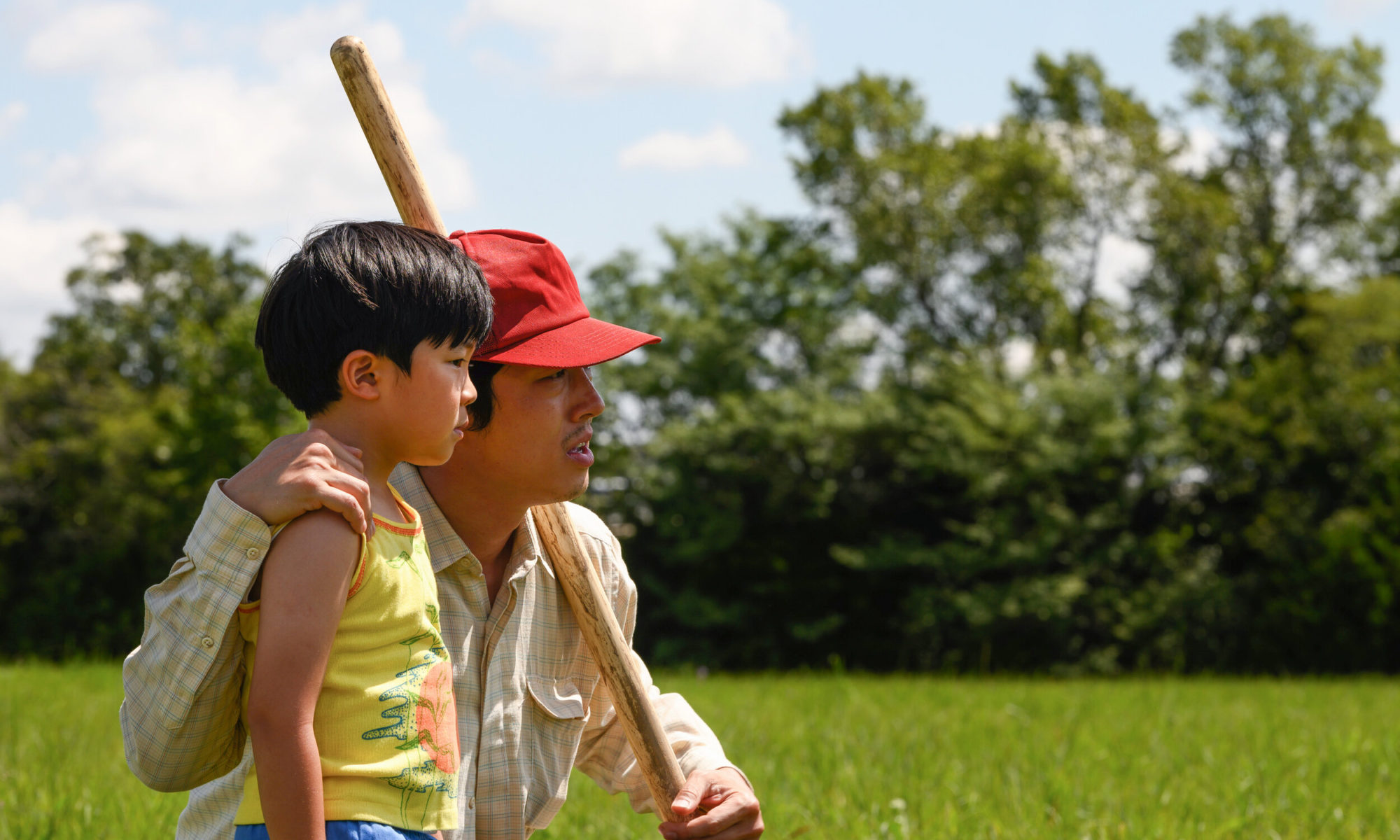Editor’s Note: This reflection discusses the ending of the film and contains light spoilers.
Minari is a green leafy vegetable commonly used in Korean cooking, an apt title for director Lee Isaac Chung’s latest movie. A Los Angeles Times critic writes that after an exhausting 2020, Minari is “…the movie we need right now”, a sentiment that I agree with wholeheartedly. Based on Chung’s personal Korean-American upbringing, this tale of futility and resilience is an honest reflection of our times — a mere coincidence or an artistic interpretation of an age-old truth, that there is nothing new under the sun?
In a season where dreams have been dashed and the world forced into isolation, Minari is a timely film reflecting the Ecclesiastical futility of “life under the sun.” It tells the story of a 1980’s Korean-American family who attempts to take hold of The American Dream in rural Arkansas. Although the story is deeply personal, it echoes universal themes: the frustration of work, the cost of dreams, the desire for community, and the importance of family.
To enjoy this film, you need to have the right expectations. Minari is not an action-packed Blockbuster. Unlike Crazy Rich Asians, this story is not dressed to dazzle. Instead, Minari presents us with a gently-paced storyline, reflecting the mundane and “no-frills” lifestyle of immigrants waiting to strike their first pot of gold. Far from a feel-good Blockbuster of inspirational cliches, Minari manages to enchant viewers into a sluggish world where life is fragile and dreams are futile.
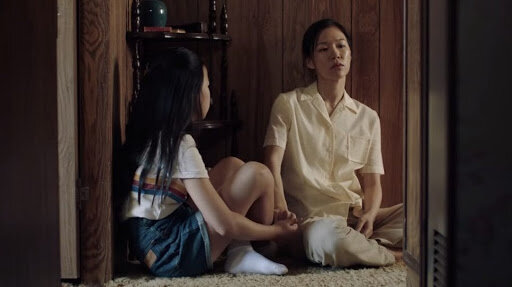
Minari served to remind me that humans have been wrestling with life’s fragility and futility since the fall of Eden. We live and work on soil cursed by thorns and thistles. No one, not even the wise King who has seen and tasted every pleasure, could escape life’s meaninglessness (Ecclesiastes 2:1). While striking gold with blockbuster opportunities makes for an exciting story, Minari spotlights the generations who persevered with a quiet modesty — the immigrants who have fought to plant roots in the West in spite of illness, debt, relationship breakdowns and natural tragedies.
The Yi family is made up of parents, Jacob (Steven Yuen) and Monica (Han Ye-ri), and their two children David (Alan Kim) and Anne (Noel Cho). Although it’s been some time since they immigrated to America, they don’t have much to show for it. Feeling cooped up as a chicken sexer in a local factory, Jacob abandons city life to chase his dreams in rural Arkansas — a move that allows him to work outdoors and “feel alive” again.
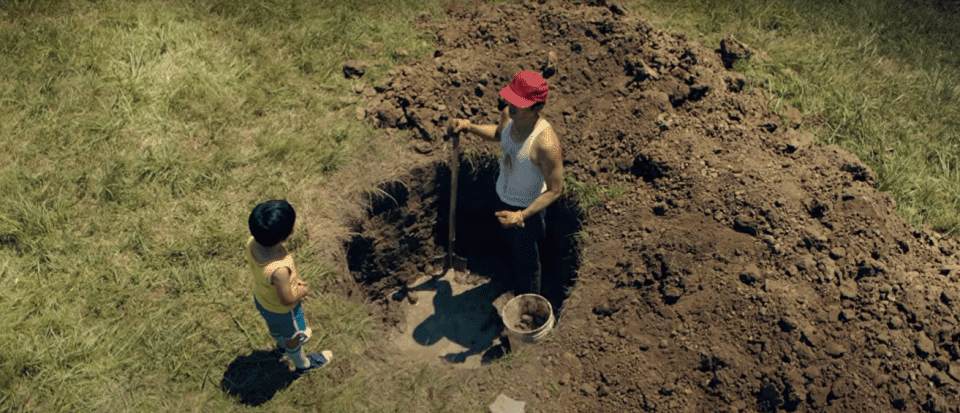
Jacob invests in a cramped old trailer on a large pot of land, a decision that adds strain to an already broken marriage.
While Jacob dreams of the day when his children will finally see their Dad ‘succeed at something’, Monica is concerned by how the American Dream separates the family from friends, church community, and her mother in Korea. She believes that her husband is reckless for putting their son, David’s life at risk. The boy suffers from a serious heart condition and the closest hospital is an hour’s drive away. In the end, Jacob manages to convince Monica with his plans to sell produce that will give Korean Americans a taste of home—something Monica deeply resonates with after being moved to tears by her mother’s gift of Korean anchovies and chili flakes.
Although the couple sacrifice everything to make things work, the disintegration of the family’s bank account begins the unravelling of Jacob’s optimism. Like many patriarchs of Asian American families, he has a stubborn drive to finish what one has started” no matter the cost. Instead of heeding the advice of locals when finding a place to dig a well, Jacob boasts, “Korean people use their heads” — a decision that kickstarts a chain of events that leave him facing the thorns of drought, debt, death and divorce. The dream that once made him “feel alive” had inevitably become futile. As Jacob struggles to pay the bills and water is cut off from the property, we are invited to mourn the realities of life under the sun — and to long for a better Garden.
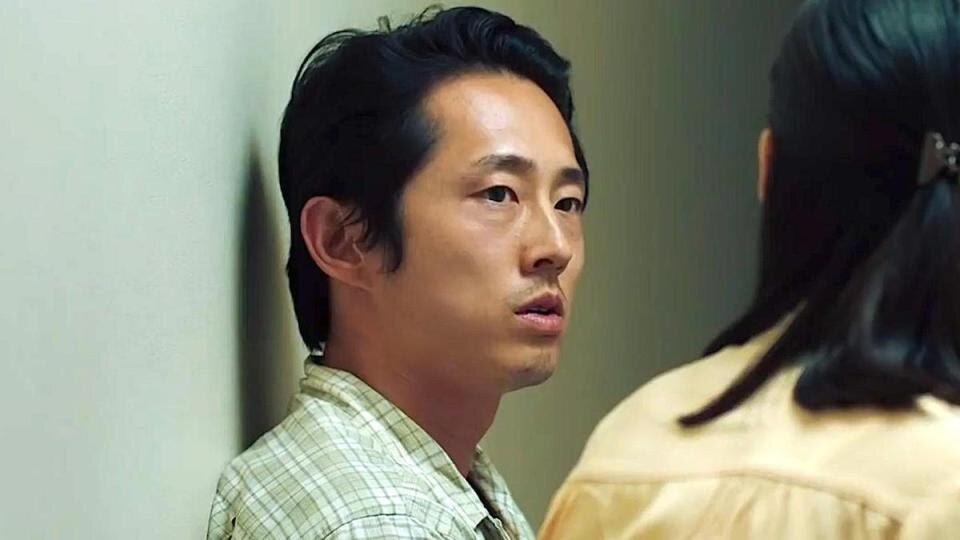
The futility of life from a child’s perspective is told from David’s eyes. From the film’s beginning, he is scolded for running — an unfair reprimand for a restless 7-year-old, surrounded by wide open fields. He is also disappointed by the presence of his grandma who he claims is “not a real grandma,” because “she doesn’t bake cookies”.
Although only a child, David already fears death and still regularly wets the bed. What’s the point of growing up on a farm if I can’t run and explore? What’s the point of having a grandma who can’t bake cookies? What’s the point of life under the sun, if death stalks every corner? Even a child can be plagued by life’s fragility and futility.
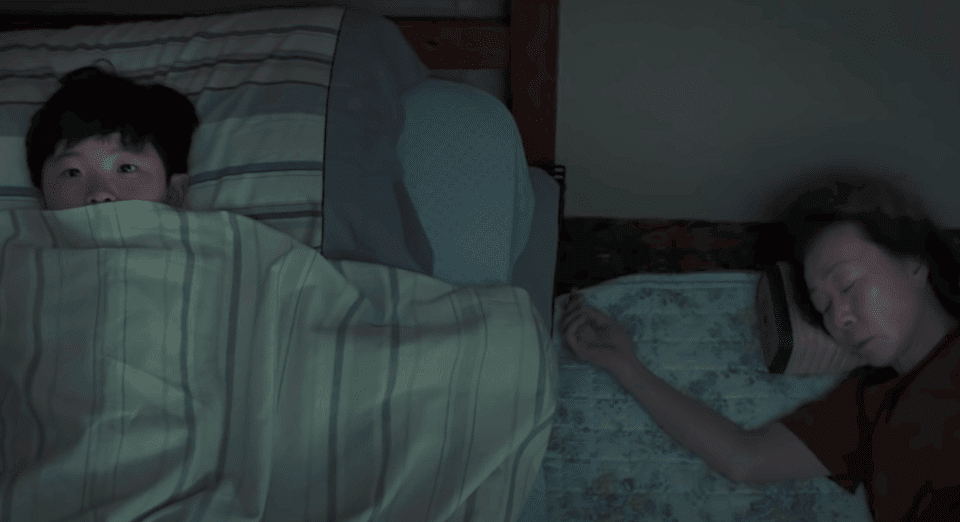
While Minari may feel like a slow burn, the final scene brings a touch of hope and an apt metaphor for the film’s title. Jacob and David are seen tending to a bed of flourishing Minari which was planted by grandma next to the creek. Whether or not Jacob succeeds as an entrepreneur is left to our imagination, and instead, the story ends on a modest note — that even if the dreams of first-generation immigrants burn to the ground, their ability to adapt and thrive on thorny soil is an achievement worthy of the spotlight.
I can imagine that some viewers may leave the cinema dissatisfied with such an ending. We’re used to feel-good blockbuster endings where rags become riches and underdogs become superheroes. Minari concludes with loose ends and without answers to life’s futility. Maybe this is the ending that optimistic Western ears need to hear. Life is not always going to be one big Blockbuster. Some dreams will flourish, while others will get weeded out. And on days when we’re faced with canceled dreams and the brevity of life, we can look to the hope of a better Eden—a restored Garden free from thorns and thistles and the futility of fruitless labor.
“Then the angel showed me the river of the water of life, as clear as crystal, flowing from the throne of God and of the Lamb down the middle of the great street of the city. On each side of the river stood the tree of life, bearing twelve crops of fruit, yielding its fruit every month. And the leaves of the tree are for the healing of the nations. No longer will there be any curse.
(Revelation 22:1-3)

